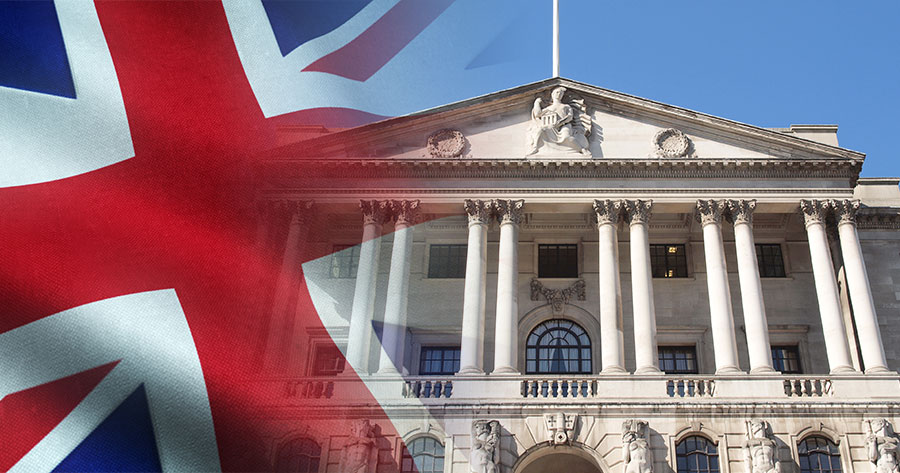Bank of England raised interest rates on Thursday marking its first back-to-back increases in more than 17 years. The central bank also would size down large holdings of government and corporate bonds.
England’s inflation is already at its fastest pace in three decades with annual rate rose to 5.4 percent in December. But by April the central bank expects it to climb to about 7.25 percent, the highest projection the bank has ever made. In response, the policymakers voted to raise interest rates by 25 basis points to 0.5 percent.
But four of the nine policymakers wanted to do something bolder: a 50-basis point increase, a move twice as big. The bank has never approved a rate increase that large before.
The Bank of England raised interest rates in December for the first time in three and half years, looking past the economic uncertainty created by Omicron and focusing on the battle against inflation.
“We have not raised interest rates today because the economy is roaring away,” Andrew Bailey, the governor of the central bank, told reporters on Thursday. The hike was “necessary because it is unlikely that inflation will return to target without it,’’ he said.





